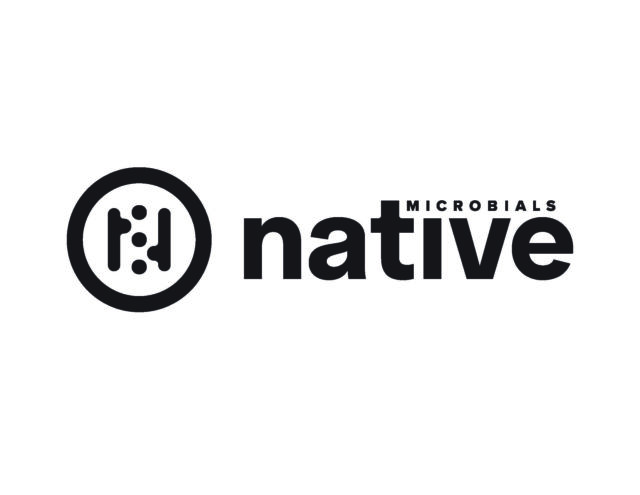Hubert Karreman, VMD Veterinarian Narvon, Pennsylvania Rodale Institute
What are your new responsibilities?
My responsibilities are essentially three-fold: conduct applied animal husbandry research with interested partner organizations; lead veterinary animal health seminars and workshops, making presentations domestically and internationally; as on-site veterinarian making daily rounds among our groups of animals here on the Rodale farm, to ensure top notch animal welfare and applying treatments if needed.
What territory will you cover?
On-site at the Institute farm and wherever else requested.
Please describe your agricultural background.
I was introduced to agricultural through work-study with the USDA Soil Conservation Service during college. To learn more about cows, I apprenticed myself after college as general farm labor for some 6 years. I started milking cows while visiting relatives in Holland – I was hooked!
From1988-1990 I worked on an organic dairy farm and learned alternative treatments for common problems. I saw them work so well that I wanted to go to veterinary school to learn the real thing, to mix and match various modes of therapy as each case would need. I’ve been doing exactly that since 1995.
What education are you bringing with you to this position?
I have a degree in soil science from the University of New Hampshire, a degree in veterinary medicine and a certificate in clinical research from the University of Pennsylvania.
What previous positions have you held?
I was in full time veterinary practice in the Lancaster, Pennsylvania area from 1995-2010. After a heart valve surgery in 2010, I’ve been working part-time in practice and as a consultant for a couple of agricultural companies.
Who has made the biggest impact on your career?
To be honest I’ve had to forge my own way due to the prohibitions on antibiotics and hormones within the US organic sector. Due to that, my clinical expertise is in antibiotic-free therapies for infectious disease.
So I would have to say that the organic dairy farmers in Lancaster, Pennsylvania area have made the biggest impact. Early in my practice career Dr. Ed Sheaffer, Dr. Joe McCahon and Dr. Susan Wynn all encouraged and inspired me.
How will you be of most help to producers in your region or area of expertise?
I hope to be a bridge between the Rodale Institute and livestock farmers. Having been in the trenches as a practitioner, I’ve gotten to see first-hand which natural treatments work across a wide variety of farms.
Farmers are more willing to try natural treatments these days in part due to society openly questioning the perceived over-reliance of antibiotics in livestock husbandry. I hope to convey to farmers, of any stripe, which natural treatments have a sound, solid basis for use.
Why did you choose this company?
I’ve kept an eye on Rodale for years, hoping that they would add livestock to their world-renowned soil and crop research program. I knew that if they added livestock I would step forward to see if there would any opportunities to work together.
Now that they’ve added livestock and since I’ve been in organic livestock health care for the last 25 years, I felt it would be an excellent time to see if there was mutual interest in working together to develop their animal husbandry program. Indeed, it’s been perfect timing!
What goals would you like to accomplish while in this position?
Having worked with hundreds of dairy farmers over the years, I know that people need realistic insights and information upon which to base animal health decisions. One of my strengths is education, always striving to integrate the best of both worlds, conventional and organic, to give farmers solid information about organic livestock agriculture instead of a rose-colored glasses approach.
Where do you see yourself in 5 years?
I hope to be immersed in applied research that has direct benefits to hard working livestock farmers. PD



